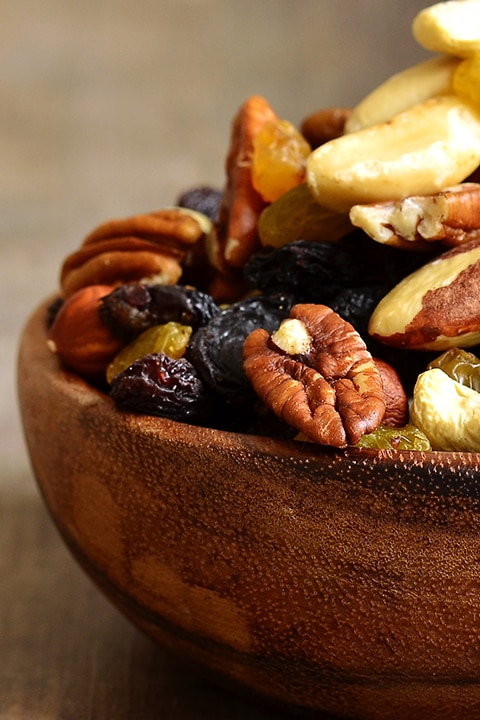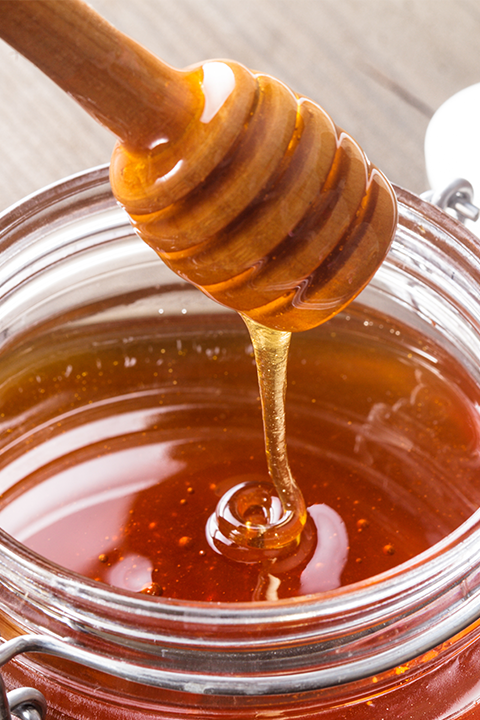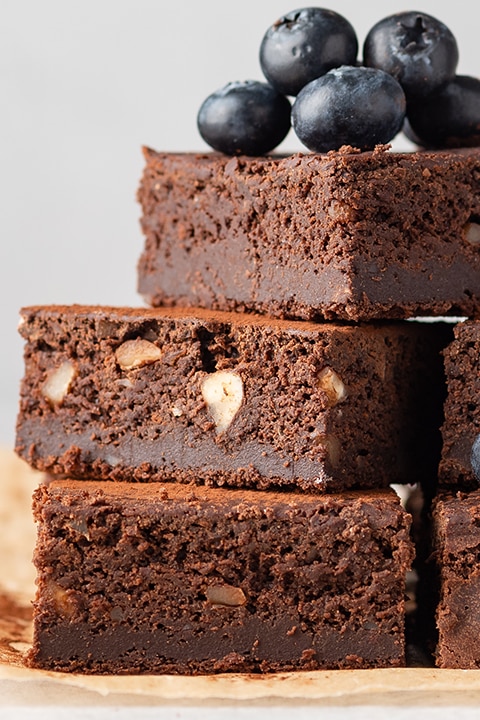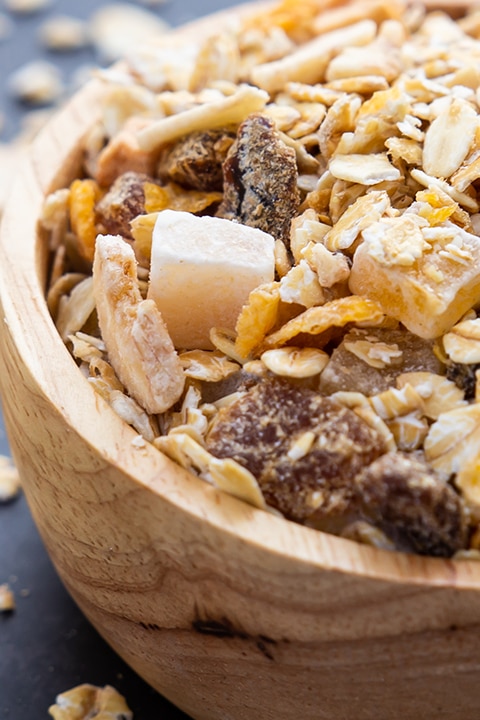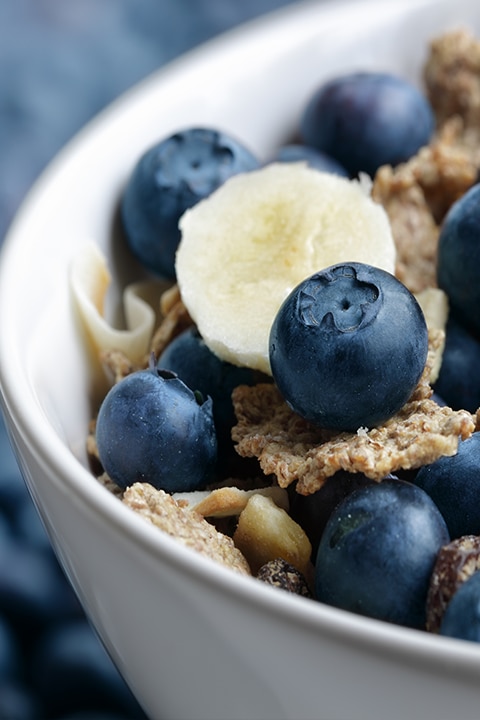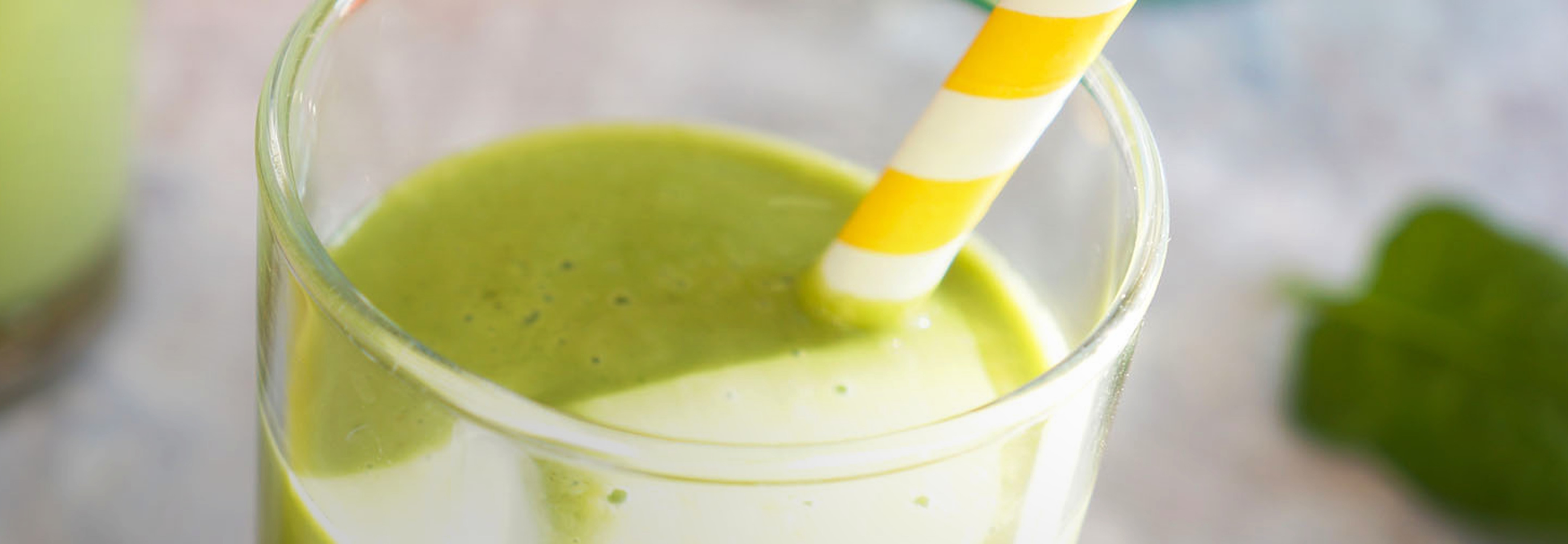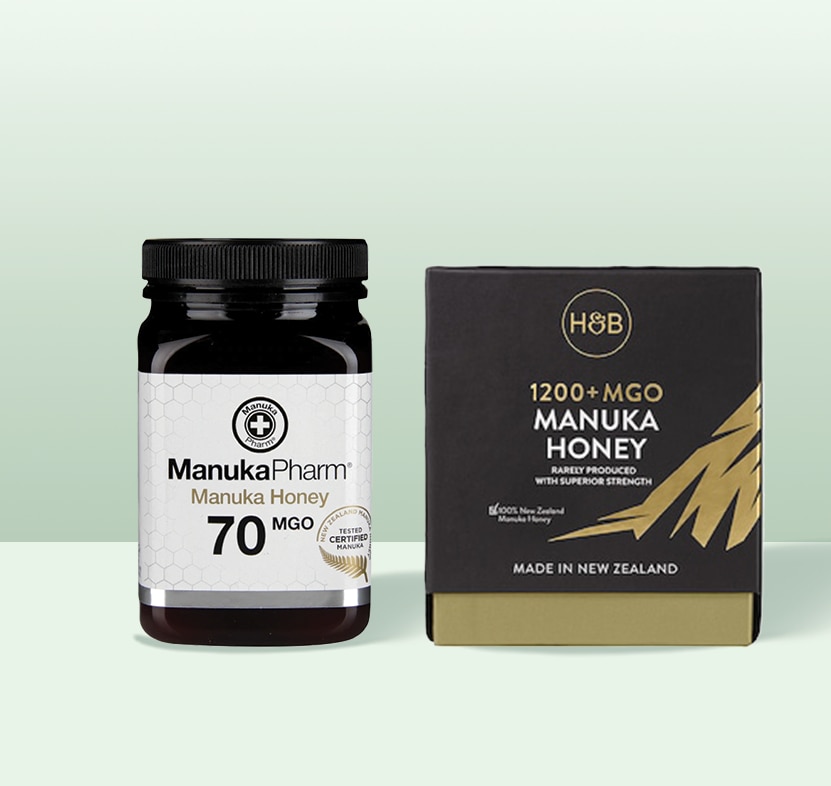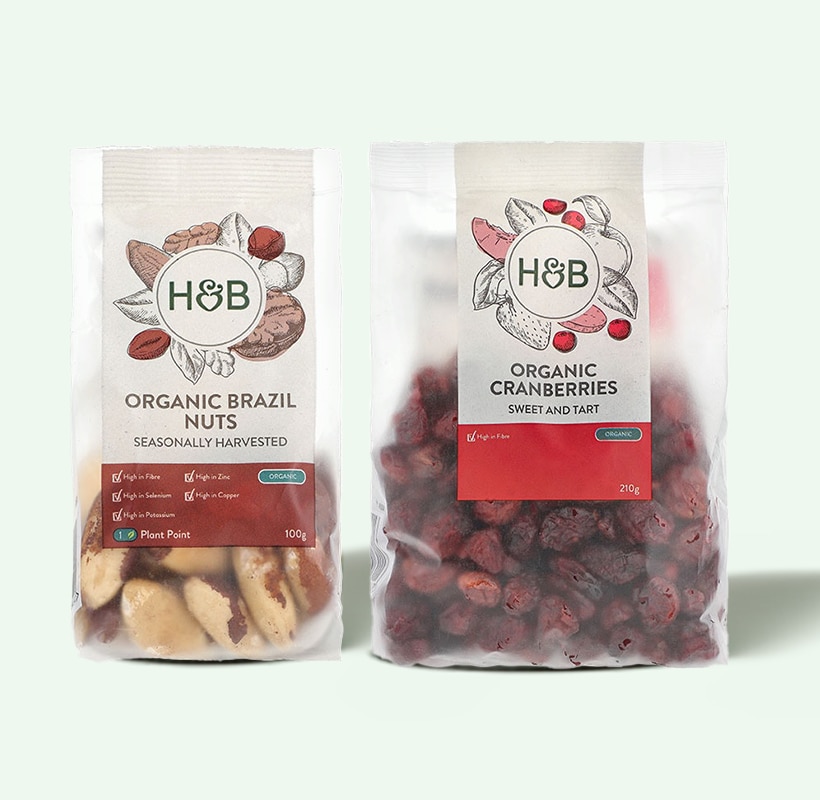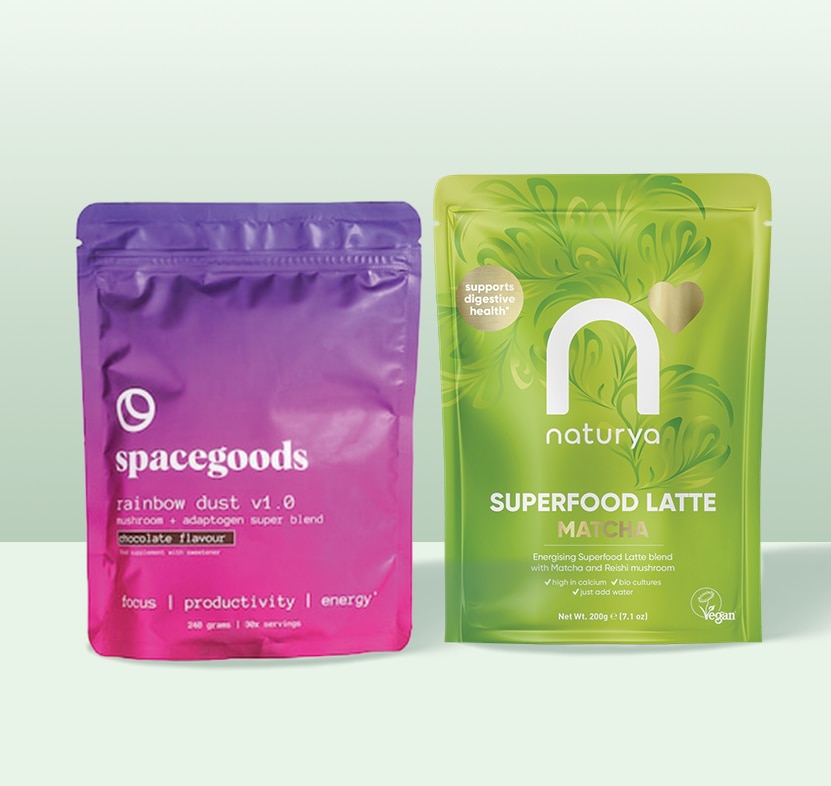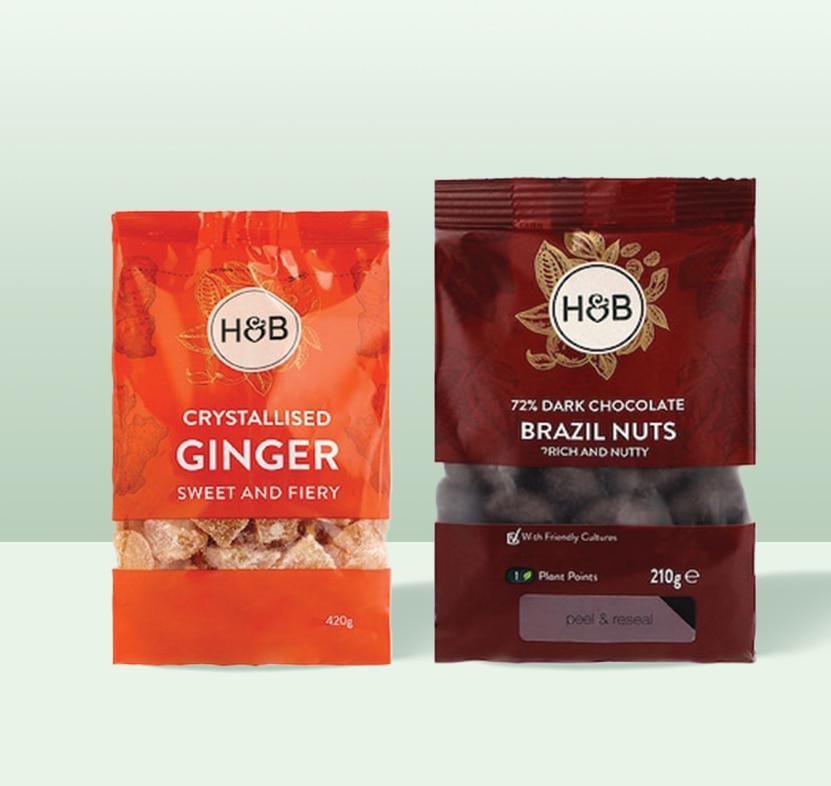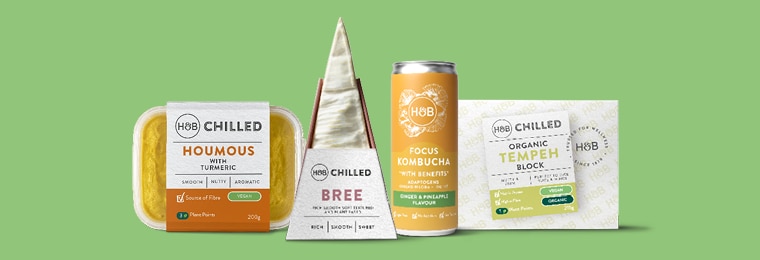10% off £35
Code:SAVE
Buy 1 Get 1 Half PriceSummer ShopOffersOffers HubBuy one get one 1/2 price25% off or moreOnline only 25% off or moreBuy 1 Get 1 FreePayday EventGreat SavingsOutletBetter than 1/2 price2 for £18 Mix & MatchLast chance to buy1/2 Price3 for £3 Mix & MatchVitamins & SupplementsVitamins & Supplements HubJoints, Aches & PainsImmunityGut HealthEnergyLow Mood & DepressionStress & AnxietyChildren's HealthHealthy HeartWeight ManagementSleep & RelaxationVitamins & Supplements Shop AllCBD Vitamins & SupplementsShop all CBD Vitamins & SupplementsCBD OilCBD CapsulesCBD SprayCBD GummiesCollagen & SilicaMuscle Support & Joint PainHair, Skin & NailsShop all Hair, Skin & NailsHair GrowthFunctional MushroomsVitaminsShop all VitaminsMultivitaminsVitamin AVitamin BVitamin CVitamin DVitamin EVitamin KVitamin DrinksMineralsShop all MineralsMagnesiumIronZincCalciumSeleniumChromiumSupplementsShop all SupplementsFibre SupplementsAcidophilus & Friendly BacteriaPeppermint OilGrapeseed ExtractLecithinCollagen & SilicaOmega & Fish OilsPlant Sourced SupplementsSuperfood SupplementsArnicaApple CiderRaspberry KetonesAloe VeraChondroitin & MSMCo Enzyme Q10Evening Primrose OilGarlicGinkgo BilobaGlucosamineGlucomannanSeaweed, Kelps and Aquaceuticals5 HTPDigestive EnzymesSaw palmettoCharcoalWomen's HealthShop all Women's HealthMenopauseMenstrual SupportUrinary Tract HealthPregnancy & ConceptionMen's HealthShop all Men's HealthProstate HealthChildren's HealthConditionShop all ConditionCholesterolAllergy & Hay Fever CareAnxiety SupportBone & Muscle HealthMuscle Support & Joint PainBrain & Memory SupportWomen's HealthMen's HealthChildren's HealthCold & Immune SupportFatigueDigestive HealthHair, Skin & NailsHeart & CirculationLiver CareMood SupportSexual HealthSleep & RelaxationStress ReliefVisionHerbal & Licensed RemediesShop all Herbal & Licensed RemediesRescue RemedyAshwagandhaMilk ThistleGinseng & GuaranaHomeopathic & Flower RemediesShop all Homeopathic & Flower RemediesRescue RemedyTissue SaltsFlower RemediesHomeopathic RemediesAt-Home TestsVegan Vitamins & SupplementsCBD Homeopathic Buy one get one 1/2 price25% off or moreOnline only 25% off or moreBuy 1 Get 1 FreePayday EventOutletLast chance to buyShort DatedHolland & BarrettVitabioticsSolgarNew NordicWeledaBioglanBetterYouGrass & Co.H&B ExpertNature's WayDairy FreeGluten FreeSesame Seed FreeCelery FreeCereal FreeCrustaceans FreeEgg FreeFish FreeKiwi FreeLupin FreeNew inFood & DrinkFood & Drink HubImmunityExercise & RecoveryGut HealthEnergyJoints, Aches & PainsWeight ManagementDental HealthFood & Drink Shop AllDried Fruit, Nuts & SeedsShop all Dried Fruit, Nuts & SeedsNutsDried FruitSeedsMixesHoney, Jams & SpreadsShop all Honey, Jams & SpreadsManuka HoneyHoneyNut ButtersJams & ChutneysSyrupsSpreadsPateDrinks & JuicesShop all Drinks & JuicesNatural Energy DrinksKombuchaJuices & Health ShotsSoft DrinksWaterProtein ShakesAlcohol Free DrinksTeas, Coffee & Hot BeveragesShop all Teas, Coffee & Hot BeveragesCoffee & Coffee SubstitutesMushroom DrinksTeasSuperfood TeasMatcha & Green TeaSleep & RelaxationPeppermint TeaSlimming TeaSuperfoodsShop all SuperfoodsSuperfood PowdersMoringa PowderMaca PowderChia SeedsFlaxseedSpirulinaGoji BerriesBaobabSnacksShop all SnacksProtein BarsLow Calorie SnacksChocolate, Cakes & BiscuitsCrisps & ChipsSavoury SnacksSweet SnacksSnack BarsFlapjacksPopcornVegan FoodShop all Vegan FoodMeat-Free AlternativesDairy AlternativesEgg SubstitutesVegan ProteinVegan Protein BarsFood CupboardShop all Food CupboardApple Cider VinegarCondiments & SaucesRice, Pasta, Pulses & GrainsTinned FoodsBreakfast CerealsBreakfast CerealsShop all Breakfast CerealsCereals, Bran & FlakesGranolaMuesliOats & PorridgeBreakfast BarsCookingShop all CookingCooking IngredientsApple Cider VinegarCondiments & SaucesMeat-Free AlternativesSoup & Ready MealsRice, Pasta, Pulses & GrainsHerbs, Spices & SeasoningGravy & StockHome BakingShop all Home BakingBaking MixesBreadFlourSweeteners & Sugar AlternativesEgg SubstitutesDairy AlternativesShop all Dairy AlternativesOat, Rice & Hemp DrinksSoya DrinksNut DrinksCoconut DrinksNutritionally Complete FoodBuy one get one 1/2 priceBuy 1 Get 1 Free25% off or morePayday EventOnline only 25% off or moreGreat SavingsBetter than 1/2 priceOutletHolland & BarrettNaturyaGrenadeHeath & HeatherHuelPukkaNakdTwiningsMeridianPhDGluten FreeDairy FreeWheat FreeEgg FreeSugar FreeMilk FreeSoya FreeSesame Seed FreeCelery FreeFish FreeNew inSports NutritionSports Nutrition HubExercise & RecoveryEnergyWeight ManagementLow Mood & DepressionStress & AnxietySports Nutrition Shop AllProteinShop all ProteinWhey ProteinClear ProteinMass GainersVegan ProteinDiet ProteinCaseinSports SupplementsShop all Sports SupplementsTestosteroneElectrolytesEnergy GelsSports CollagenPre Workout & EnergyShop all Pre Workout & EnergyPre WorkoutCaffeine-free-pre-workoutAmino Energy PowdersBars, Drinks & SnacksShop all Bars, Drinks & SnacksEnergy BarsProtein BarsProtein ShakesProtein SnacksNutritionally Complete FoodMeal Replacement ShakesIntra WorkoutKetoPost WorkoutAmino AcidsShop all Amino AcidsAmino Energy PowdersBCAACarnitineArginineCreatineShop all CreatineCreatine PowderCreatine CapsulesVegan Sports NutritionShop all Vegan Sports NutritionVegan ProteinVegan Protein BarsVegan Pre Workout & EnergyVegan Amino AcidsVegan CreatineSports AccessoriesShop all Sports AccessoriesBottles & ShakersFitness EquipmentFitness GoalShop all Fitness GoalRecoveryMuscle & StrengthLean MuscleEnergy & EnduranceDiet & Weight Loss25% off or moreGreat SavingsBuy one get one 1/2 priceLast chance to buyOnline only 25% off or more2 for £6.50 Mix & MatchFree PE Essential Amino AcidBuy 1 Get 1 FreeOptimum NutritionUSNGrenadePE NutritionApplied NutritionPhDHuelSiSFoodspringYfoodGluten FreeDairy FreeSugar FreeSoya FreePalm Oil FreeCelery FreeCereal FreeCrustaceans FreeEgg FreeFish FreeNew inBeautyBeauty HubSkin Health - by skin concernDental HealthWomen's Health - Cycles & MenstruationJoints, Aches & PainsWomen's Health - PregnancyChildren's HealthExercise & RecoveryImmunityLow Mood & DepressionSexual HealthNatural Beauty Shop AllAromatherapy & HomeShop all Aromatherapy & HomePure Essential OilsBlended Essential OilsBase & Carrier OilsHolisticSkincareShop all SkincarePremium SkincareFace CareBody CareSun CareTanning & BronzingEye CareLip CareFoot CareHand & Nail CareSkin AilmentsSkin OilsCBD BeautySun CareShop all Sun CareSun Lotion SPFMineral Sun CareFace SPFAfter SunHair Skin & NailsWashing & BathingShop all Washing & BathingShampoo & ConditionerBathing AccessoriesShower Gel & Body WashDeodorantDentalHand WashSoapBath Soak & OilBody ScrubBath Bombs & SaltsFeminine CareIncontinence SupportHair CareShop all Hair CareShampoo & ConditionerHair ColouringHair MasksHair Oil & SerumHair Spray, Gel & MousseHair AccessoriesMother & BabyShop all Mother & BabyBaby Skincare & ToiletriesElectrical WellnessSexual WellnessBuy one get one 1/2 price25% off or moreOnline only 25% off or moreOutletBuy 1 Get 1 Free2 for £18 Mix & MatchPayday EventGreat SavingsDr OrganicFaith in NatureWeledaNaturtintTisserandMiaromaSukinQ+AEthiqueTrilogyAlcohol FreePalm Oil FreeParfum FreeGluten FreeMicroplastics FreeCelery FreeCereal FreeCrustaceans FreeDairy FreeEgg FreeNew inCBDShop all CBDExercise & RecoveryLow Mood & DepressionStress & AnxietySleep & RelaxationCBD Vitamins & SupplementsShop all CBD Vitamins & SupplementsCBD OilCBD CapsulesCBD SprayCBD GummiesCBD Food DrinkCBD BeautyBuy 1 Get 1 FreeBuy one get one 1/2 pricePayday Event25% off or moreOnline only 25% off or more1/2 PriceGreat SavingsOutletLove HempGrass & Co.CBDfxTRIPfourfiveHolistic HerbCannaray CBDReakiroHolland & BarrettBody & Mind BotanicalsDairy FreeAlcohol FreeGluten FreeNew inWeight ManagementWeight Management HubExercise & RecoveryWeight ManagementEnergyHealthy HeartWeight Management Shop AllFat Burners, Binders & Appetite SuppressantsShop all Fat Burners, Binders & Appetite SuppressantsFat BurnersFat BindersAppetite SuppressantsSlimming TabletsWeight Management Shakes Shop all Weight Management Shakes Meal Replacement ShakesDiet ProteinDiet Food & DrinkShop all Diet Food & DrinkDiet FoodLow Calorie SnacksSlimming TeaExercise SupportShop all Exercise SupportFitness EquipmentMeal Replacement ShakesDiet ProteinProtein BarsBuy one get one 1/2 price25% off or moreGreat SavingsBuy 1 Get 1 FreeOnline only 25% off or morePayday EventGrenadeOptimum NutritionHolland & BarrettUSNEat WaterNew NordicPhDPulsinSlimExpertApplied NutritionGluten FreeSugar FreeDairy FreeWheat FreeNew inVeganHealth & WellnessShop all Health & WellnessJoints, Aches & PainsGut HealthSkin Health - by skin concernEnergyWomen's Health - Menopause & PerimenopauseLow Mood & DepressionStress & AnxietyWomen's Health - Hormonal HealthImmunityExercise & RecoveryJoints Bones & MusclesGut HealthHair Skin & NailsStress AnxietySleep & RelaxationBuy one get one 1/2 price25% off or moreOnline only 25% off or moreBuy 1 Get 1 FreePayday Event2 for £18 Mix & MatchGreat SavingsOutletHolland & BarrettVitabioticsWeledaSolgarDr OrganicNaturtintOptimum NutritionBetterYouNew NordicBioglanDairy FreeGluten FreeAlcohol FreeSugar FreeWheat FreeSoya FreeSesame Seed FreeCelery FreeCereal FreeCrustaceans FreeNew inShop for your WellnessJoints, Bones & MusclesWomen's HealthMenstrual HealthMenopauseSkincareGut HealthHair, Skin & NailsImmunitySleep & RelaxationFood & DietChildren's HealthStress ReliefHealthy HeartEnergyLow Mood & DepressionConcentration & AlertnessEye HealthSexual HealthLearn about WellnessJoints, Bones & MusclesWomen's HealthPeriods & Cycle HealthMenopauseImmunityGut HealthFood & DietSports & FitnessSleep & RelaxationHair Skin & NailsArticlesAll articlesHealthFood & nutritionGut healthImmunityJoints, bones & musclesWomen's healthWellnessHair & skinMental wellbeingSeasonalSleep & relaxationSports nutritionRecipesAll recipesGluten freeLow sugarVeganDairy freePodcast
Food & Drink

Food & Drink

Shop by wellness need
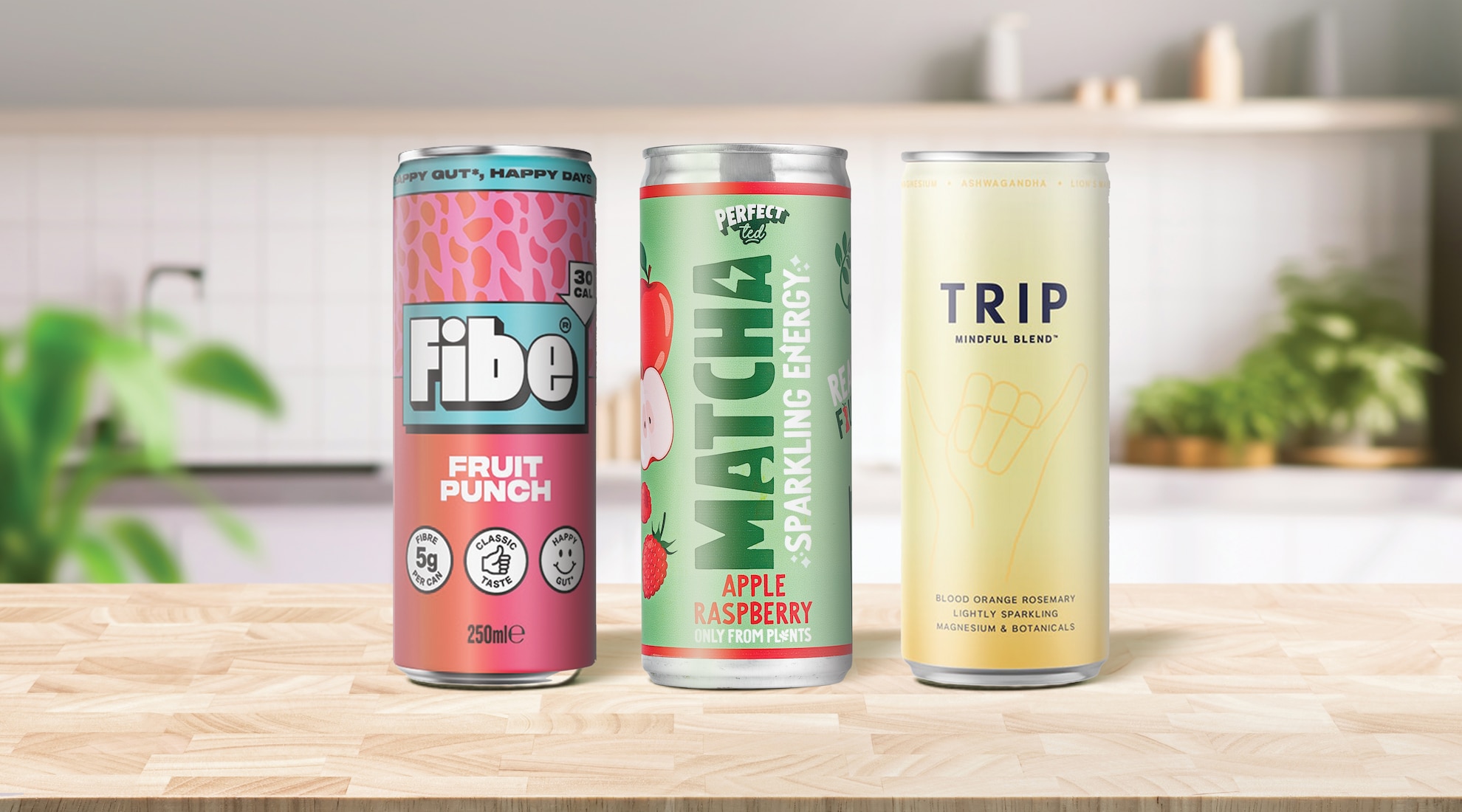
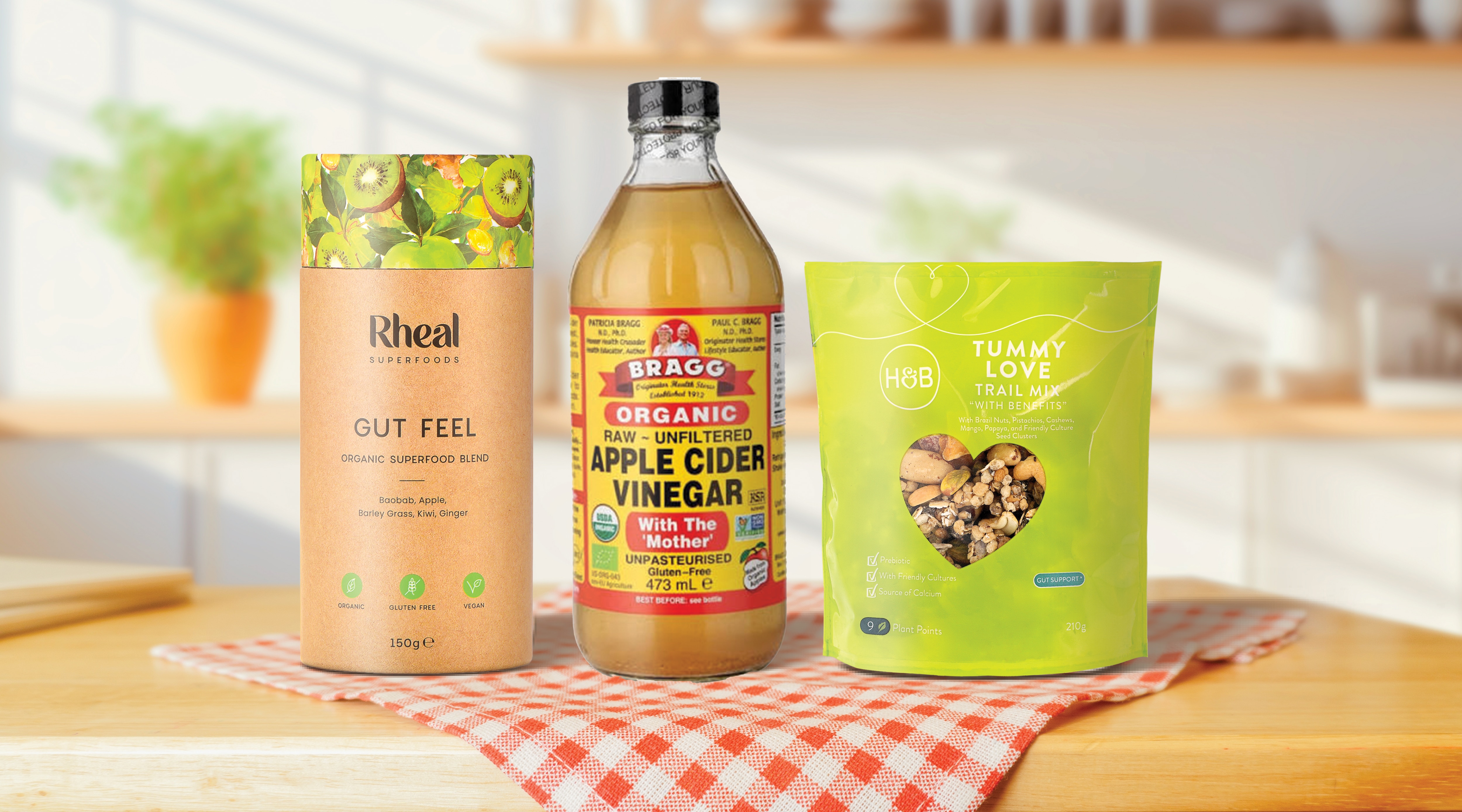
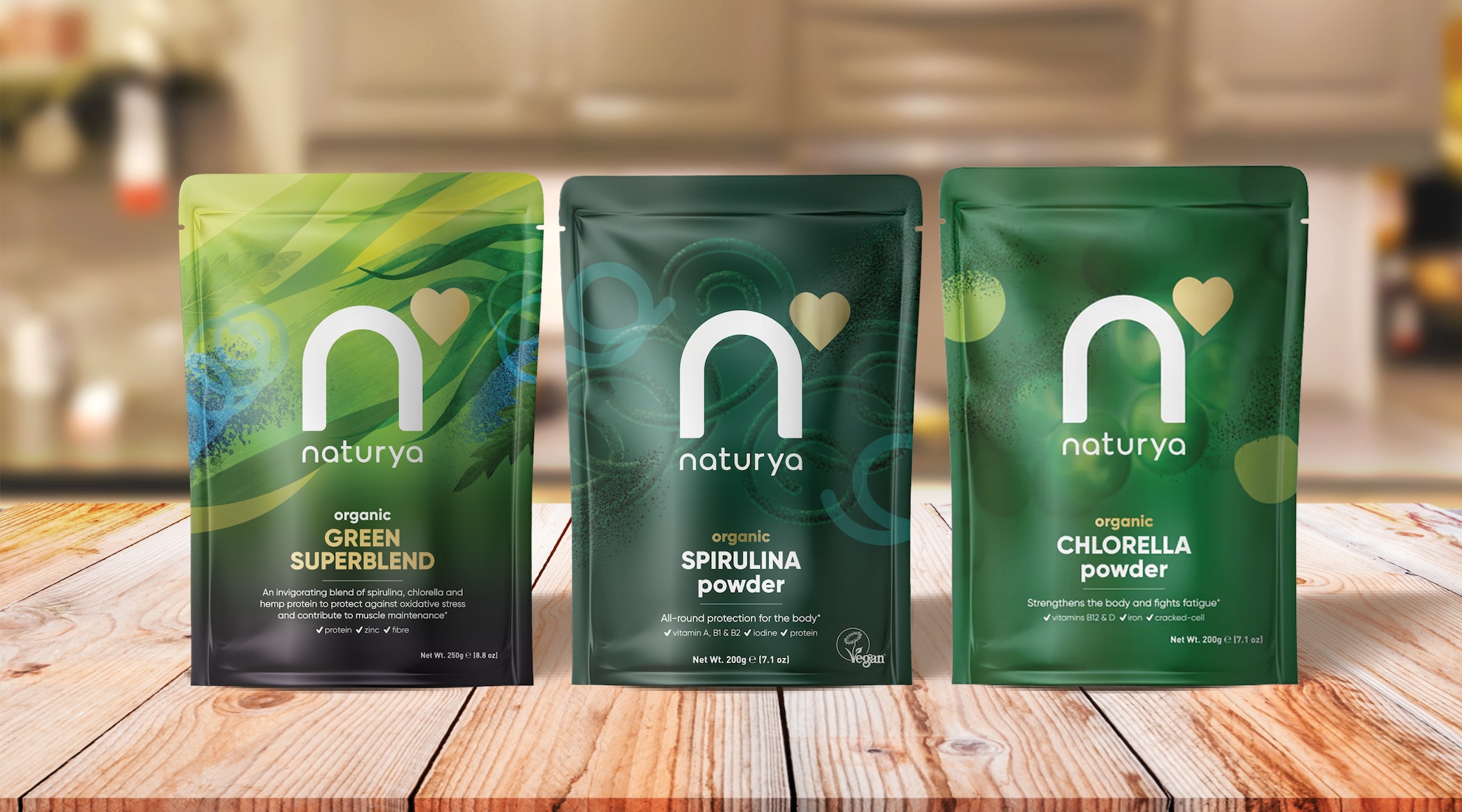
Sign up for exclusive offers
Plus, get expert advice to support your health & wellness straight to your inbox when you sign up to Holland & Barrett emails.
Read our
privacy policy
Customer Service
About Us
Copyright © Holland & Barrett Retail Limited, 2024. All rights reserved. hollandandbarrett.com is a trading name of Holland & Barrett Retail Limited,. Registered office: Samuel Ryder House, Barling Way, Nuneaton, Warwickshire CV10 7RH. Registered in England: company no. 2758955. Registered VAT no. 211727395.
